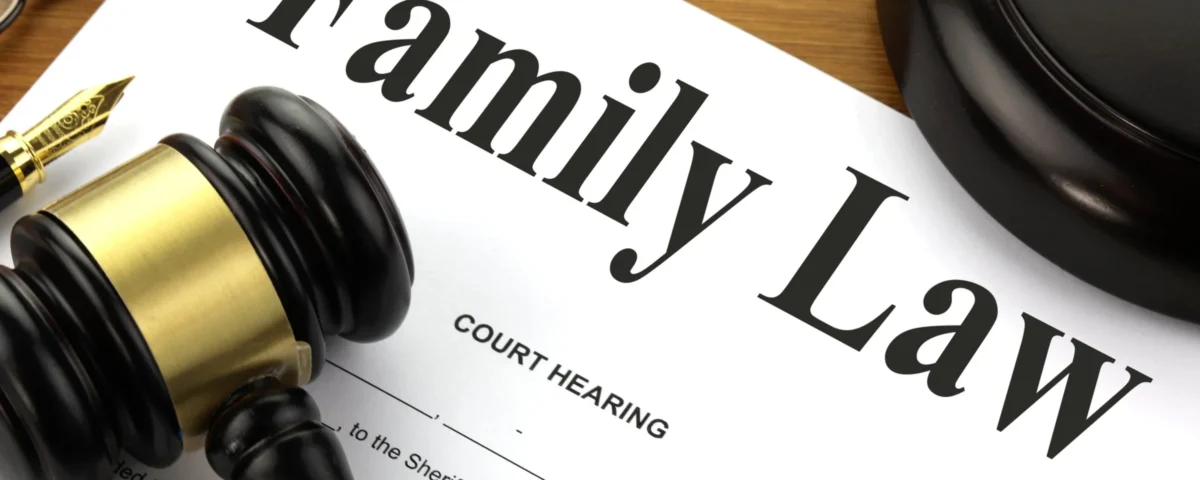In England and Wales, financial disclosure is one of the most important phases of the divorce procedure. This is where Form E is useful. Form E is a thorough financial statement that is used in financial remedy proceedings. Both parties must reveal all pertinent financial information to the family court. Since a partial or misleading disclosure could have major legal repercussions, it is imperative that this form be filled out completely and honestly.
Written based on the most common questions asked by British citizens who are about to get a divorce, this guide outlines the information and documents that spouses need before filling out Form E.
What Is Form E in a Divorce?
If either party wants the court to issue a financial order during a divorce, they must both fill out Form E. It is a comprehensive form that offers a thorough summary of each person’s entire financial condition. This includes income, assets (such as property, investments, and savings), liabilities (loans and debts), pensions, and future financial requirements.
The form’s structure enables the court to divide assets equally, which is crucial in situations involving children or intricate financial arrangements.
Documents Needed for Form E:
To properly complete Form E, a significant amount of financial documentation must be put together. The list of documents that are typically needed is as follows:
Last 12 months’ worth of bank statements, including those for personal, joint, and business accounts.
Paystubs and proof of income, pay stubs for the previous three months, and tax returns for the previous two to three years, as well as HMRC tax calculations and profit and loss accounts, should be provided by self-employed individuals.
Details about mortgage accounts, recent valuations, or the valuations of estate agents, as well as any buy-to-let or foreign properties.
Cash Equivalent Transfer Value (CETV) for each pension plan, pension information, and annual pension reports.
Savings and investments, ISA reports, premium bond, share, or unit trust reports, and cryptocurrency holdings, if any.
Articles of association, partnership agreements, business interests, business accounts, and valuations.
Liabilities and debts, including credit card balances, loan statements, overdrafts, and HP agreements.
Additional financial interests, trusts, benefits, and expected or received inheritances.
Does Form E Always Provide a Complete Disclosure?
Yes, of course. You are required by law to fully and truthfully disclose your financial situation. Possible repercussions include reopening the financial settlement, fines or contempt of court, harm to your reputation in future court cases, and failing to disclose assets or providing false information.
For the court to maintain fairness, accurate and comprehensive information is necessary. If you’re unsure whether to provide data or to get legal advice, it’s best to include it.
Common Errors to Prevent
- Absent records: One omitted statement could cause problems or cause the hearing to be postponed.
- Older appraisals: Valuations of assets and properties should not take longer than three months.
- Discord: Verify that the numbers are consistent throughout the documents and that the figures support the explanations.
Neglecting Future Requirements
Section 5 of Form E asks for information about your future financial needs. Remember this, particularly if you’re requesting spousal maintenance.
Some Advice for a More Successful Procedure
1. Get started early: Getting documents can take time. Don’t wait until the last minute.
2. Make Use of a List: Note what you have and what hasn’t been claimed.
3. Consult a Professional: A mediator or solicitor can help make sure everything is in order and clearly outline what is needed.
4. Maintain your organization: As instructed, arrange the documents in Form E. Clarity is valued by courts.
Conclusion:
Although Form E may appear daunting initially, honesty and completeness are required in order to ensure an equitable financial settlement. You will be able to navigate this stage of the divorce more confidently and in accordance with the regulations if you prepare in advance, gather the proper documents, and seek counsel when appropriate.
If you are unsure about any of this, consider talking to a financial advisor or family law attorney. A lot of stress and procrastination later can be prevented with a little help now.
For expert legal advice on UK immigration and asylum laws, contact our team today!
For further advice please get in touch with our team today by calling 020 8538 0182 or +44 7857 809932, or you can email us on [email protected].
Please note these blogs are to enhance your knowledge and are not tailored advice, for specific advice please get in touch with our outstanding team.



